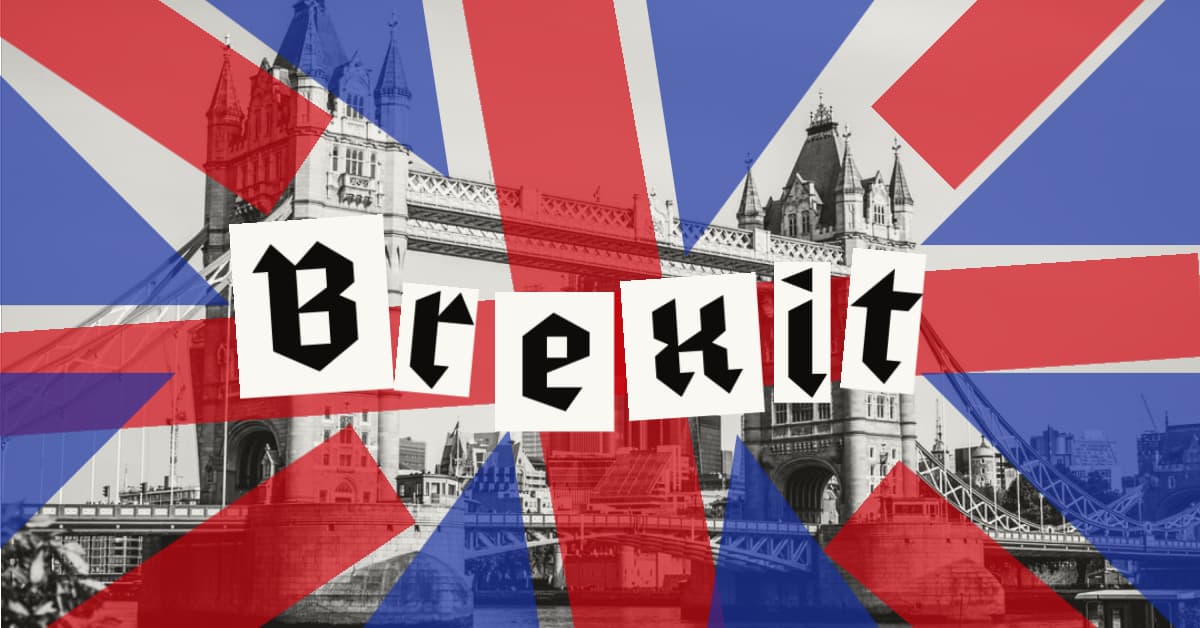How is Brexit Affecting Food Supply?

Brexit is the name given to the United Kingdom’s departure from the European Union or EU. On March 29th, 2017, the Prime Minister triggered the 2-year countdown to the UK formally leaving the EU. The expectation was that the UK would leave around in March 2019, but an extension was granted to delay the Brexit date. After a number of extensions, the UK left the EU and entered a transition period on January 31st, 2020. At 11pm on December 31st, 2020, the transition period ended, and the United Kingdom officially left the EU single market and customs union.
There was a lot of speculation late last year as to whether this departure would affect food trade, as it was expected that new tariffs would be imposed between the UK and other EU members. Many food industry professionals felt that here was a lack of information, which has caused uncertainty and prevented businesses from planning for the future.
Currently, the biggest issues are organizational issues, additional paperwork, labeling changes, packaging, and shipping concerns, and most notably, customs changes. Scottish seafood exporters have faced some initial difficulties there. However, most companies are working diligently to resolve the remaining issues and move forward with trade.
Keeping the Food Supply Chain Moving
While there have been challenges in the supply chain in early Brexit days this January, Interra International is already solving issues and helping customers with creative solutions while the remaining trade terms are ironed out.
If we can be of assistance to help you through your food supply chain issue issues… we are here to help. Our talented staff are here to assist.




